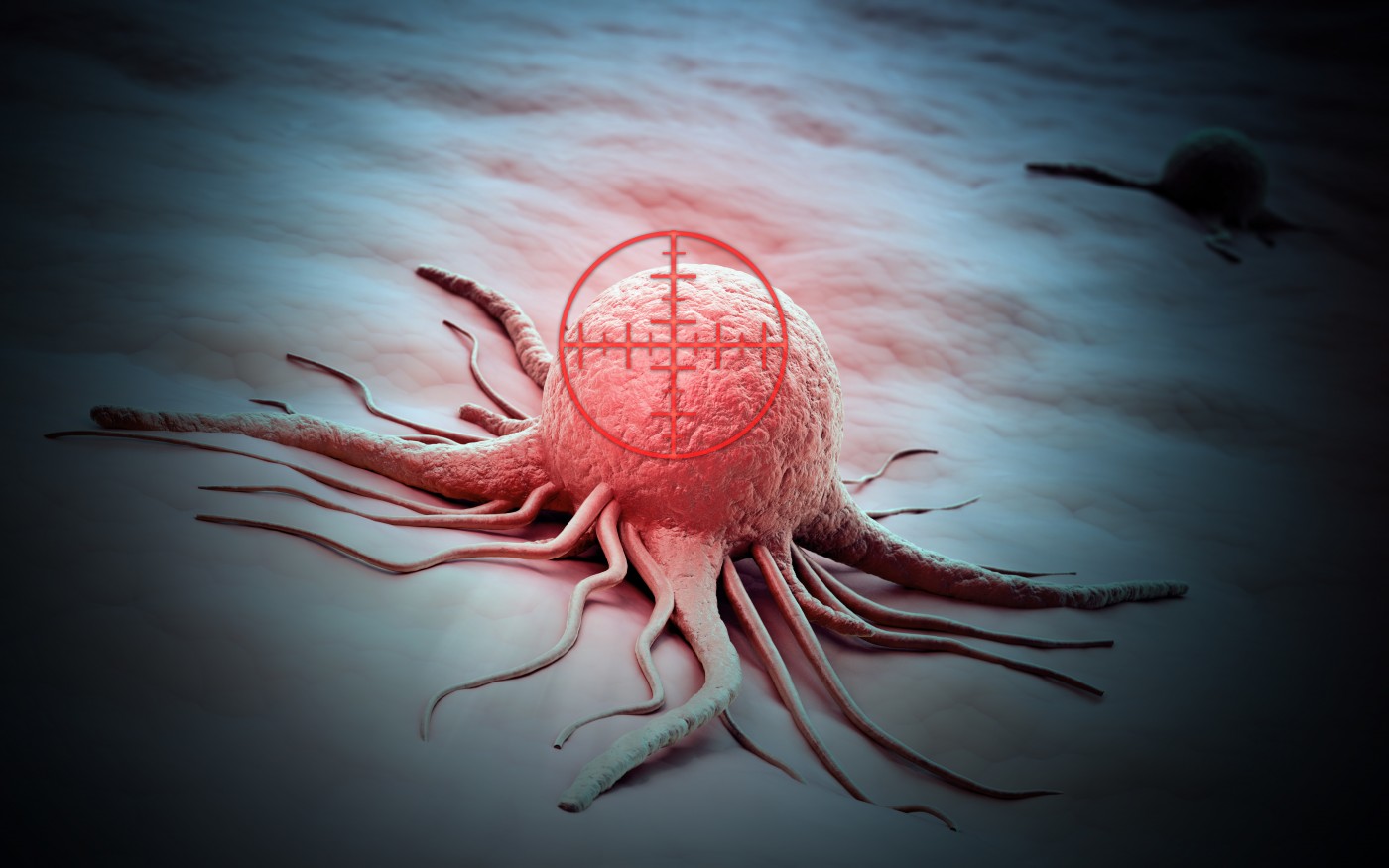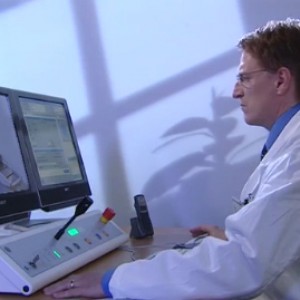Dr. Alexander Chi, MD, an oncologist specialized in thoracic radiation working at West Virginia University, is the lead researcher on a possibly ground-breaking Phase II clinical study examining the role of stereo-tactic ablative radiotherapy (SABR) for treating patients with non-small cell lung cancer (NSCLC).
Dr. Chi, a specialist in stereo-tactic ablative radiotherapy (also known as stereo-tactic body radiation therapy [SBRT]), is enthusiastic about the possible outcome of this clinical trial, which could lead to a new method of treating NSCLC patients.
The initial trial is a phase II study that will examine the role of SABR as a potential treatment for large early stage NSCLC, providing a higher than traditionally established Biologically Effective Dose of radiation, also known as BED.
An additional Phase I study will assess the role of a stereo-tactic boost provided to patients before or following chemo-radiation, also for the treatment of locally advanced NSCLC.
[adrotate group=”1″]
According to Dr. Chi, both studies are essential to potentially validating the provision of cutting-edge technology, such as intensity modulated, image-guided photon treatment for dose increase as part of a local-regionally limited NSCLC treatment. According to a recent news release, in addition to these potential outcomes, these studies can also predict biomarkers in human tumor tissues and peripheral blood, essential for the identification of patients who may actually benefit from dose increase and those who may need further systemic treatments to personalize complex therapeutic plans based on each individual’s exclusive genetic profile.
Currently, the two clinical studies are underway and can possibly provide ground-breaking effects in the future. According to the news release, Dr. Chi is very enthusiastic and believes both studies will offer a novel and successful manner to treat patients with NSCLC.



